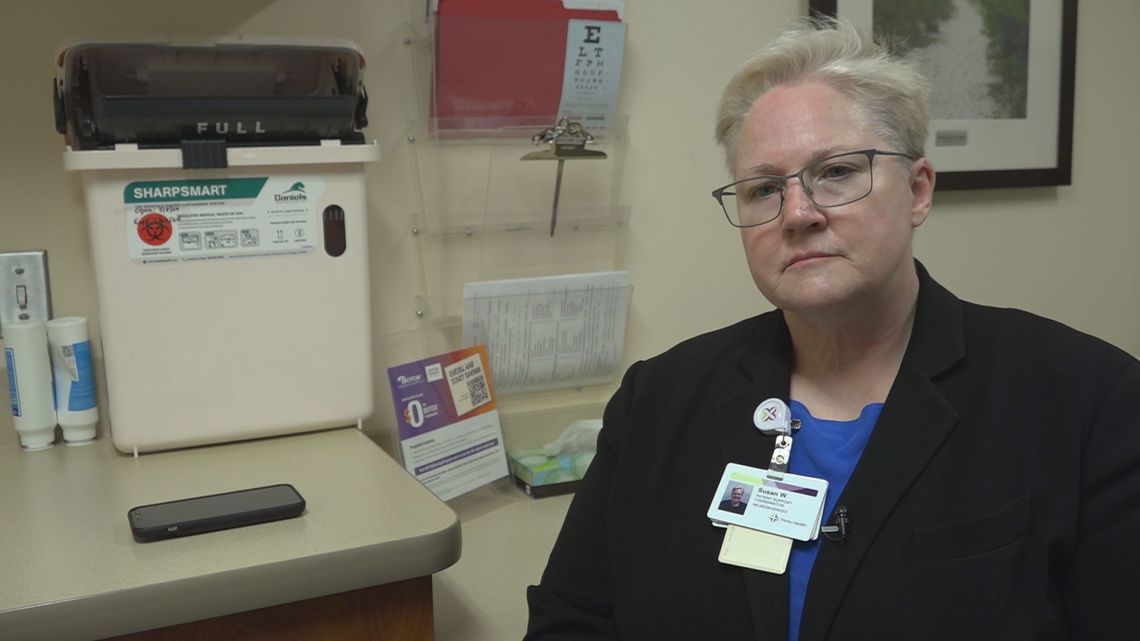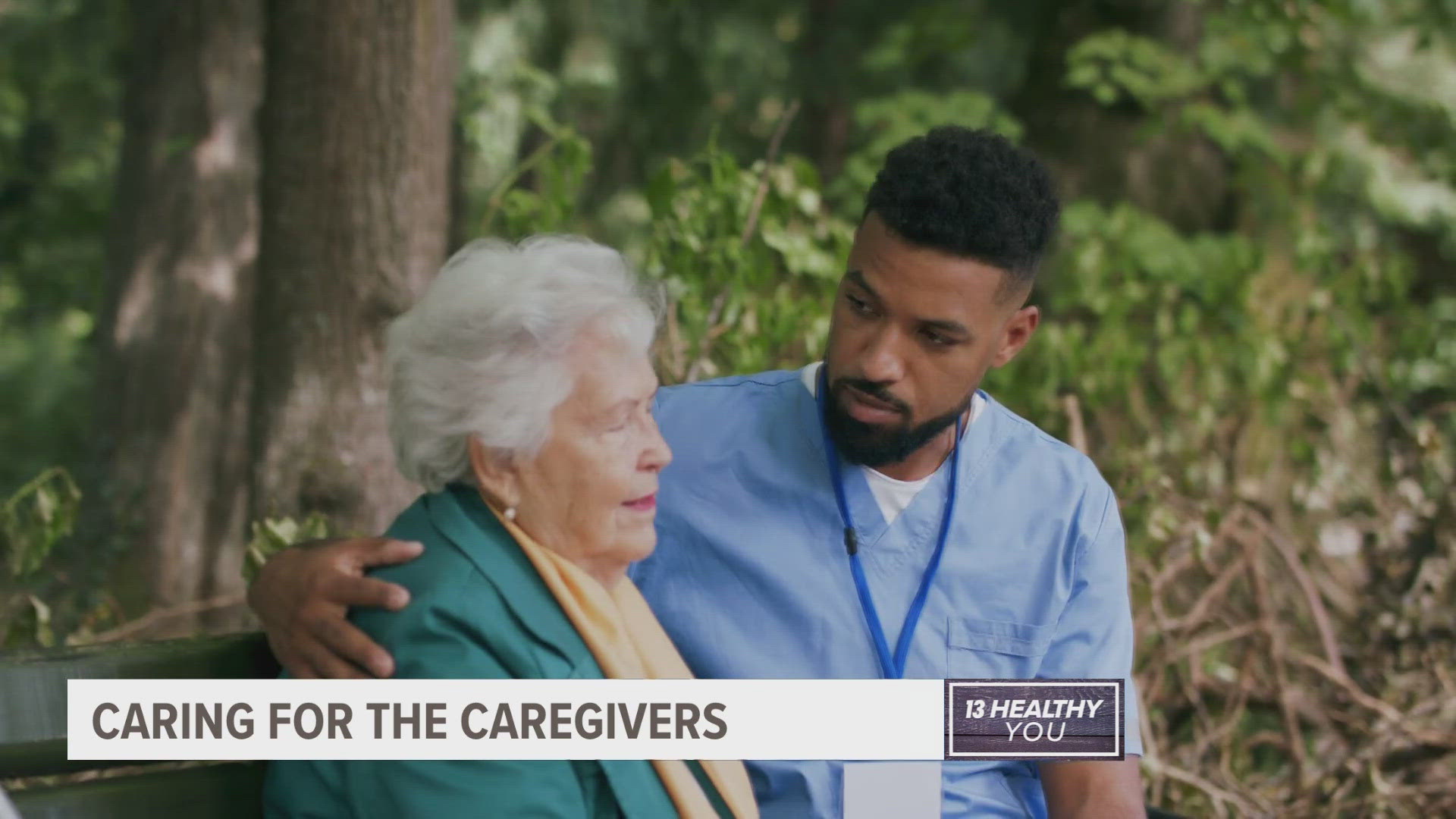GRAND RAPIDS, Mich — June is Alzheimer's and Brain Awareness Month. According to the Centers for Disease Control and Prevention, nearly 5.8 million Americans are living with Alzheimer's disease. That number is expected to triple to 14 million in the next 40 years as our population ages.
With each diagnosis, a second person is given a new role: Caregiver.
"For those who are diagnosed with dementia, the outcome of any individual with that diagnosis is going to be largely dependent upon who helps them and how well they help them through that journey," said Dr. Kevin Foley, Medical Director of the Trinity Health Medical Group Alzheimer’s Disease and Memory Disorders Program at Trinity Health Hauenstein Neurosciences.
For many, the role of caregiver is a challenging one.
"It means a change to their own life. It means a different future than they had previously thought," said Susan Woolner, patient and caregiver support coordinator with Trinity Health Grand Rapids. "It's emotional trauma. It's physical trauma. It's loss of future. It's gut wrenching. A lot of times, it's personal. It's about somebody you care for and love."
Woolner's goal is to support the caregiver in their role and their health as they take care of a loved one. She says often times caregivers can miss key things in their own mental or physical health as they tend to someone with memory loss.
She strongly encourages finding a support group.
"They can be that person that says, 'I was right where you were, here's what worked for me,'" said Woolner. "That might not work for them, but it kind of calms them down, letting them know that they can work through whatever those things are."


She said they also discuss behaviors the person they are caring for exhibit at home and how to deal with it. Things like shadowing, or following their caregiver around the house, asking the same question multiple times, or having trouble with queueing—the steps to take to complete another goal; for example, all the things that need to be done to get out the door.
"You can also put things in place, shoes that slip on and Velcro, all those things," said Woolner. "Part of it is you can't change the person, you can change the environment, and how they react to the environment."
Foley suggests thinking about why the person with Alzheimer's disease is thinking about something in a specific way. Try not to bring them back to the present, and do not correct or chastise them for something they may not have done well.
"It's also important for the caregivers to use techniques of distraction and redirection and reassurance," said Foley.
To find a support group within Trinity Health, visit this website. Woolner said someone does not need to be in the health system to attend a support group.
The Alzheimer's Association can also connect a caregiver to support groups and offer other resources.
RELATED VIDEO: Grand Rapids hospital offering new treatment for Alzheimer's Disease
►Make it easy to keep up to date with more stories like this. Download the 13 ON YOUR SIDE app now.
Have a news tip? Email news@13onyourside.com, visit our Facebook page or Twitter. Subscribe to our YouTube channel.
Watch 13 ON YOUR SIDE for free on Roku, Amazon Fire TV Stick, and on your phone.

